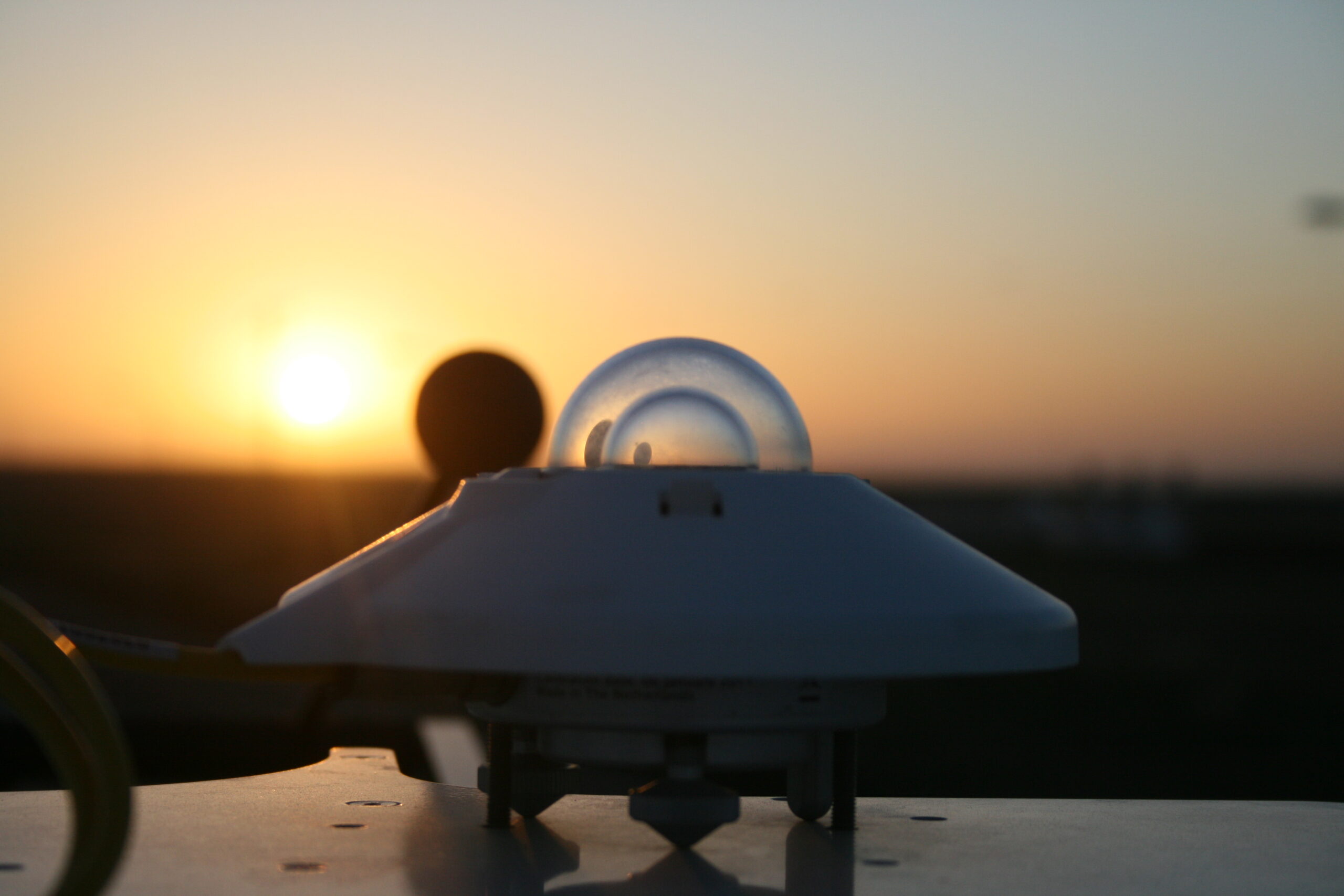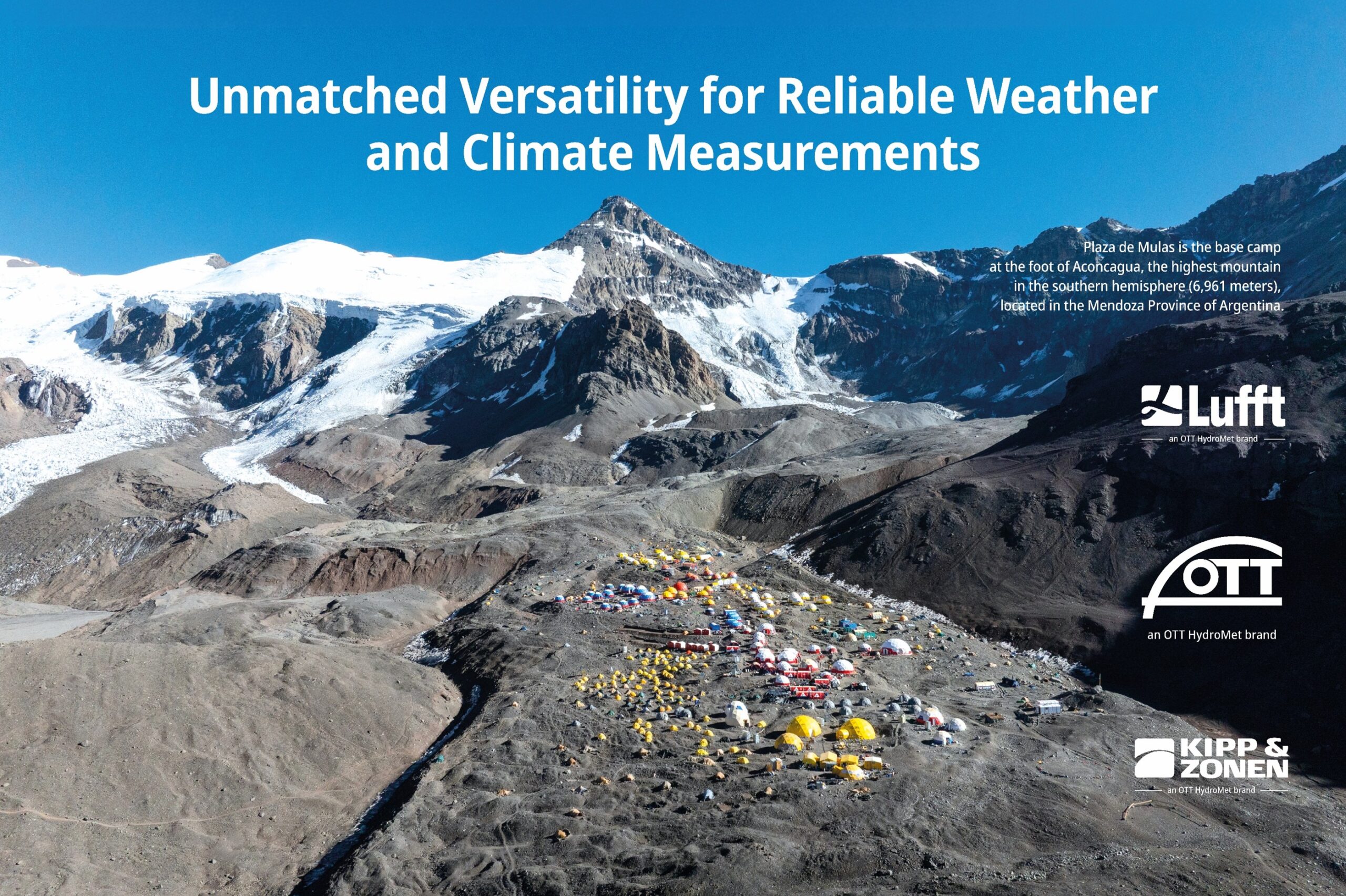Identifying the best level logger for your groundwater monitoring application can be a complex task with many different technologies available that are best suited for a variety of different measurement goals.
The most critical information to gather as you start your selection search are the physical characteristics of your groundwater well and the approximate depth-to-water range.
While all groundwater loggers measure level, some have the capability to measure water quality parameters like conductivity, salinity, and total dissolved solids (TDS) as well. These parameters are useful in saltwater intrusion studies in aquifers or also to monitor the impact of man-made activities on groundwater supplies.
A final and important item to consider is the remote data communication (telemetry) element. Remote data communication from a groundwater logger can send updates hourly, daily, or weekly and can limit the number of required field visits to service the well. A variety of transmission technologies are available, though some (like GSM / GPRS) can be limited by the signal strength in your well area.
Click here to read the full OTT Hydromet Groundwater Sensor Selection guide, or see the review the image below for a list of groundwater logger considerations.



